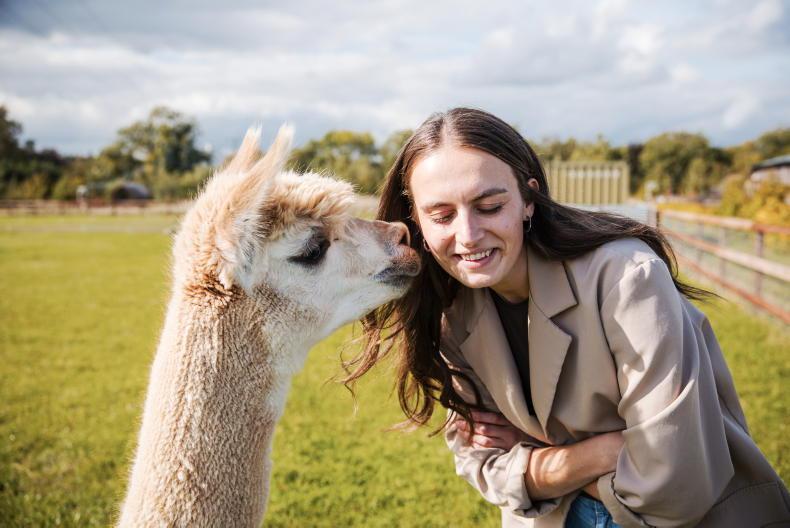At every stage of life, people have three basic needs that need to be met. The first is to be close to the people who really matter to you. This can be family, friends or indeed colleagues. Not having this need met can lead to a great deal of frustration.
The second basic need is to have autonomy over our lives. This means the fundamental sense of having choice and control when it comes to all aspects of our life. Are we our own person? Have we choice over our life, choice to think our own thoughts and have our own feelings or are they controlled by others? Remember, you are the author of your own life.
A feeling of competence is the third basic need. Can we be effective as a mother, a wife or partner, in our work or what we do for our leisure time?
When it comes to family businesses and the issues that surround them, relationships can get entangled in the business and nowhere more painfully so than when it comes to handing over the family farm to the next generation.
Who’s going to get the farm? When will that happen? What will the other siblings get? This is where these three basic needs can get compromised and the most extraordinary perverse situations can arise in even the best of families.
The two sides
Consider the young couple who are in their late 20s or early 30s; what’s going on in their lives? Nowadays this generation sees farming as a career, not a way of life. They think like their peers in other careers. Is there a career pathway? Am I making any progress? They look ahead and expect to know where they will be in five or ten years’ time. They have wives who have opinions.
Autonomy is hugely important to this generation. This can be compromised if there is lack of clarity as to what’s happening with the farm.
On the other side of the table are the parents. These are not like parents in the past, who were prepared to move into the ‘west’ room. For a start, they are younger, more likely to be in their late 50s or early 60s. They are active, healthier and better educated than their own parents and have travelled more. They have needs and are not prepared to step aside as people were before. But neither do they want to be burdened about decisions around the future of the farm.
Family relationships
This all comes to the fore when negotiations about the family farm get started. Yes, the practical stuff comes to the table but so, too, does the psychological. You are bringing a whole history of old issues that have never been resolved. It’s not like negotiating with the bank manager; you are negotiating with your father a lot of the time, and you have a long history with him.
The relationship with your siblings is equally complex as is your relationship with your mother. So, to come to a good agreement, business and relationships must be kept separate. Sadly, too often the two issues get hugely entangled and it’s almost impossible to come to a good agreement.
For instance, if a father never really approved of or got on with a particular son, then that gets mixed up in the agreement or in his effort to negotiate. On the other side you have children who can’t communicate with their fathers or have to go through their mother to communicate.
Occasionally, there are the perfect situations where, when the time comes, there is perfect trust between the generations. But it’s often not like that. The older generation is anxious about their situation, that they will lose autonomy. So they start manufacturing competency issues. Or they feel guilty about one of the siblings and try to make provision for them. In doing so they make the most perverse decisions about dividing up farms.
The clock is ticking
Mothers can be used as conduits between the generations and, for the sake of peace, may promise too much. Then if things don’t work, the accusation will be, “but mam, you always told me the farm would be mine”.
Often the farm is left to the mother and it’s not clear how or when the handover to the next generation will happen. Sadly, in these cases, closeness is often substituted by control. The issue of the farm is brought to the table but the response is “you know the farm will be yours”. That keeps you going for a long time, but there comes a moment when that answer is just not enough.
Living day to day with that evasion is difficult for young people. The clock is ticking. The time when that person can leave and do something else is running out. If they don’t move, they are trapped. So what is being left unsaid and why? The answers to these questions need to be known.
The great paradox about Irish people is that we are world-class talkers, while at the same time we are very indirect and absolute masters of evasion. While this might be amusing, if you are living day to day with that kind of evasion and the clock is ticking, then it’s anything but funny.
Maureen will have lots more to say on this important issue, which affects all farm families, in her keynote address to the Woman & Agriculture Conference sponsored by FBD Insurance and Sherry Fitzgerald.










SHARING OPTIONS